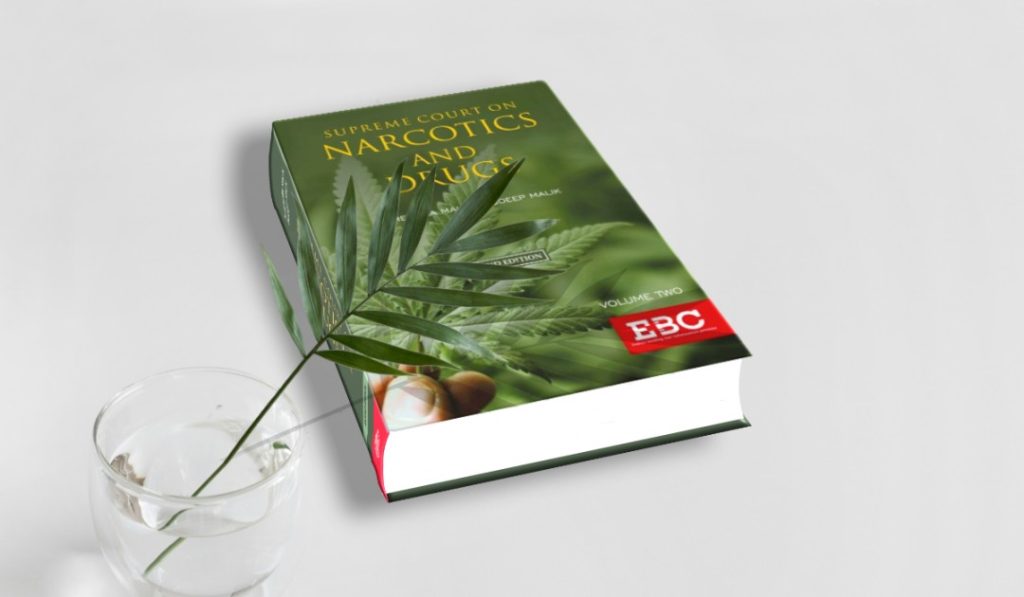
Drug abuse and illegal trafficking are global concerns. In India, the government has enacted strict laws to control the production, possession, sale, and consumption of narcotic drugs. However, these laws are not just for drug dealers or traffickers — they also impact ordinary citizens who may not even realize what counts as a violation. So, let’s break it down step by step and understand India’s narcotics laws, punishments, and rights in the simplest way possible.
What Are Narcotic Drugs and Psychotropic Substances?
Before diving into the law, it is important to understand what these terms mean.
- Narcotic drugs: Substances like opium, heroin, cannabis (charas, ganja, hashish), and coca derivatives.
- Psychotropic substances: Chemical substances like LSD, MDMA (ecstasy), amphetamines, meth, and tranquilizers when misused.
The Key Law Governing Narcotics in India
The Narcotic Drugs and Psychotropic Substances Act, 1985 (NDPS Act) is the primary legislation.
It was enacted to:
- Prohibit the production, sale, and use of narcotics (except for medical and scientific purposes).
- Control trafficking and smuggling.
- Provide strict penalties for violations.
Additionally, India is a signatory to several UN conventions on narcotics control, making its domestic laws even stricter. know more
Important Provisions of the NDPS Act
Here are the major highlights:
| Provision | Explanation |
|---|---|
| Possession | Illegal possession of drugs, even in small quantities, is punishable. |
| Consumption | Using drugs without authorization is a crime. |
| Trafficking | Production, transportation, or sale of drugs is a serious offence. |
| Financing | Funding or aiding in drug trafficking invites harsh penalties. |
| Property Seizure | Authorities can seize property gained from drug-related activities. |
Punishments Under NDPS Act
The severity of punishment depends on the quantity of drugs involved.
| Quantity | Punishment |
|---|---|
| Small Quantity (e.g., up to 1g of heroin, 5g of opium, 100g of ganja) | Up to 1 year in jail or fine up to ₹10,000 or both |
| More than Small but Less than Commercial | Up to 10 years in jail and fine up to ₹1,00,000 |
| Commercial Quantity (large-scale trafficking) | 10–20 years in jail and fine between ₹1,00,000 and ₹2,00,000 (can extend higher) |
Rights of an Accused Under NDPS
Even though the NDPS Act is strict, the accused has certain rights:
- Right to legal representation
- Right against unlawful search and arrest
- Right to fair trial
Other Relevant Laws Related to Narcotics
Besides the NDPS Act, a few other laws are relevant:
- Drugs and Cosmetics Act, 1940 – Regulates use of narcotics in medicine.
- Prevention of Illicit Traffic in Narcotic Drugs and Psychotropic Substances Act, 1988 – Allows preventive detention for those involved in large-scale drug trade.
- Juvenile Justice Act, 2015 – Special provisions for minors caught under narcotics offences.
- Customs Act, 1962 – Deals with drug smuggling across borders.
The Social and Legal Impact of Narcotics Offences
Why are laws so strict? Because narcotics offences are not just about one individual. They affect:
- Public health (drug abuse damages communities).
- Economy (illegal drug trade funds crime).
- National security (drug cartels often fund terrorism).
Exceptions Under the Law
Interestingly, the NDPS Act does allow use of certain narcotics, but only for medical and scientific purposes. For example:
- Morphine is legally prescribed for pain relief.
- Certain psychotropic substances are used in psychiatric treatment.
Thus, not every use of narcotics is illegal — it is unauthorized use that attracts punishment.
Key Takeaways
- NDPS Act, 1985 is the backbone of India’s narcotics law.
- Punishments depend on the quantity of drugs.
- Both consumption and trafficking are punishable.
- Accused persons have legal rights.
- Narcotics laws exist to protect health, security, and society at large.
















